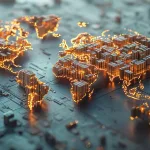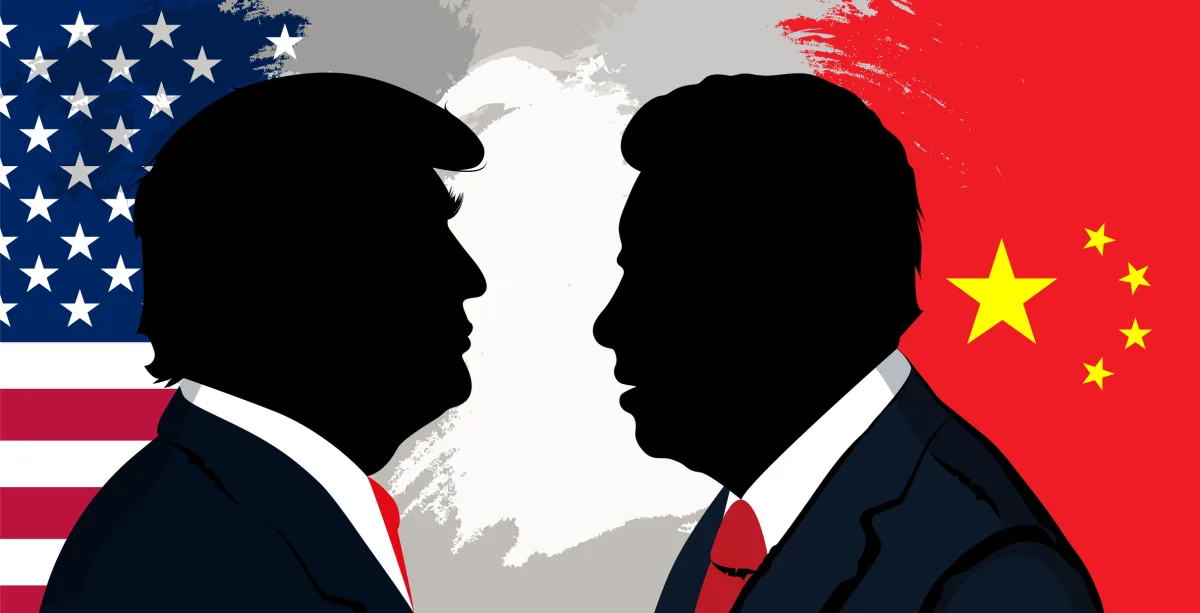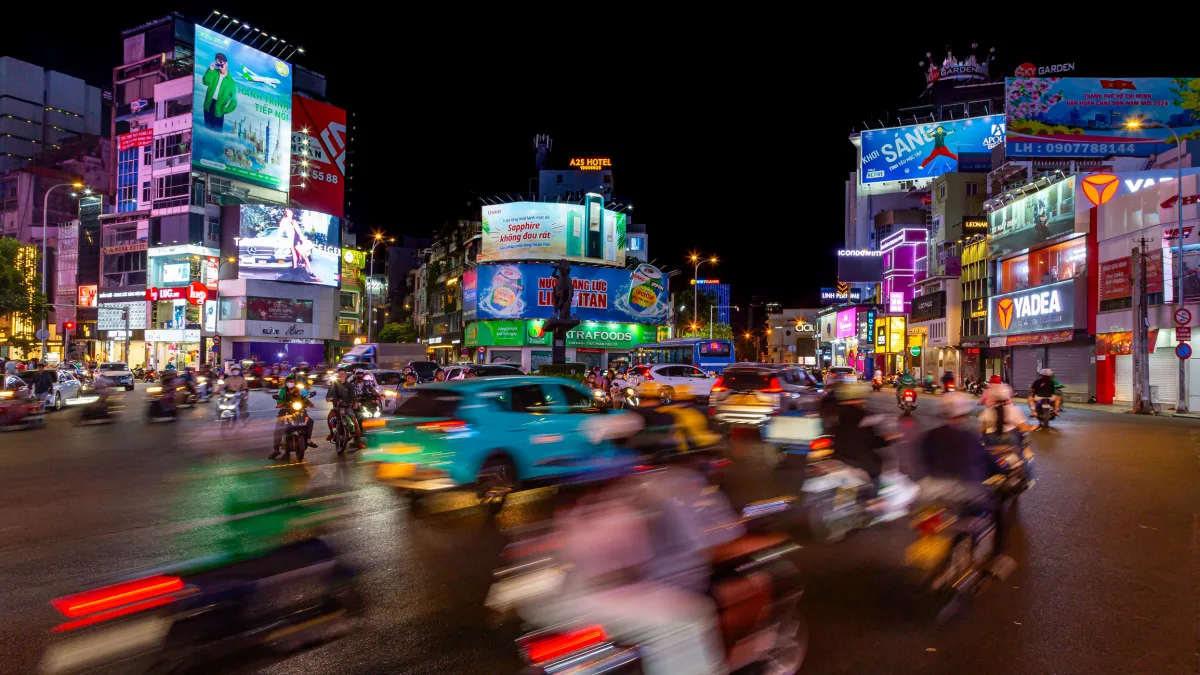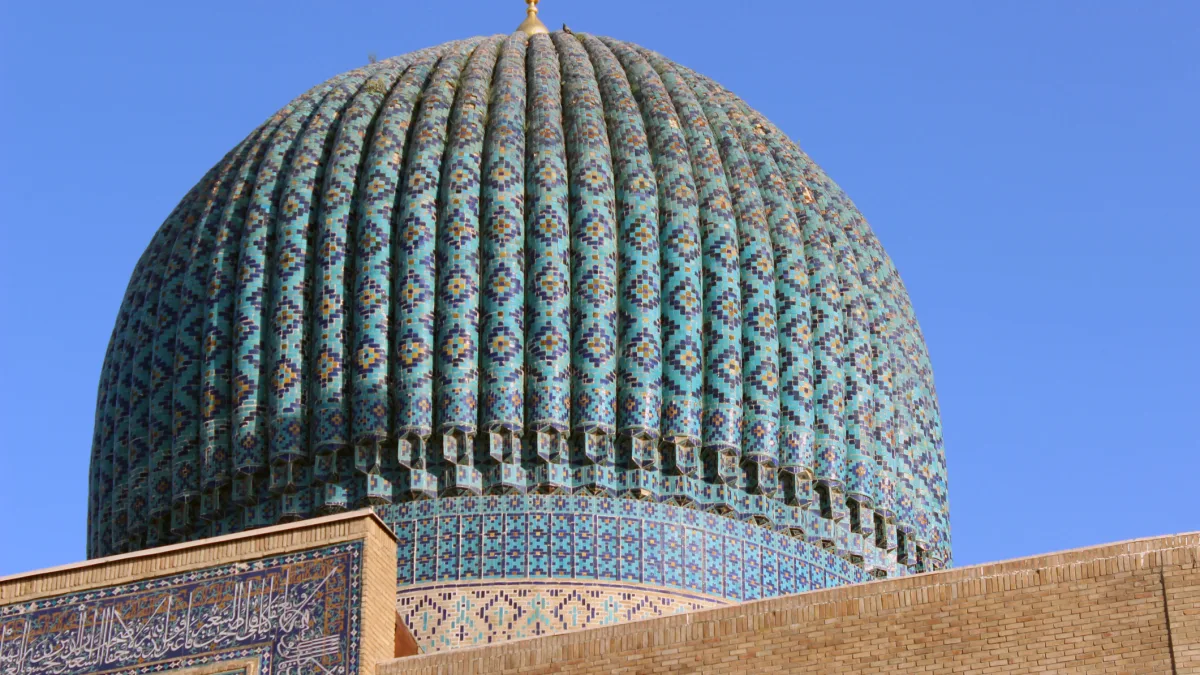Donald Trump’s return to the White House has left European capitals scrambling. With NATO’s summit in The Hague looming at the end of June—the alliance’s first gathering since Trump’s re-election—Europe faces a stark choice: help America squeeze China on technology, or risk losing American protection altogether.
NATO’s Strategic Concept, adopted in Madrid in 2022, introduced China into the transatlantic strategic vocabulary for the first time as a common concern of the political-military alliance.
“The People’s Republic of China’s stated ambitions and coercive policies challenge our interests, security and values,” states the strategic document. Moreover, it acknowledged China’s “malicious hybrid and cyber operations and its confrontational rhetoric and disinformation target Allies and harm alliance security.”
Last year, at NATO’s 75th anniversary in Washington, allies acknowledged China “has become a decisive enabler of Russia’s war against Ukraine through its so-called no limits partnership and its large-scale support for Russia’s defence industrial base”.
Although the allies agreed on these assessments, NATO’s European members are still far from reaching a common threat perception vis-a-vis Beijing.
France, for example, refused in 2023 to open a NATO liaison office in Japan so as not to extend NATO’s purpose beyond the Euro-Atlantic region. Hungary recently gave a public procurement contract to a Chinese company to provide rail transport for the Hungarian Army.
At the other end of the spectrum, Romania has kept economic operators linked to China away from its major infrastructure projects since 2021. Italy also left the Belt and Road Initiative in 2023, and the Baltic states have made further advancements in their de-risking strategy from unreliable partners.
Europe, pick a side
As the great power contest between the United States and China is likely to deepen, especially under the new conditions of Trump’s tariff wars, Europe will not be able to continue to be a bystander in this game while also enjoying the American security umbrella as a guarantee.
The Trump administration clearly warned the European policymakers that they can no longer take US security commitments for granted. Furthermore, Vice President JD Vance signalled the US could diminish its support for NATO if the European Union tried to regulate American social media platforms.
European policy leaders may want to secure Trump’s support for NATO by showing they are committed to reducing China’s influence, at least in critical infrastructure sectors. Since technology is a significant component of the US-China rivalry, a European pledge in The Hague could start with a firm commitment towards de-risking when it comes to Chinese 5G.
Despite nearly five years of EU efforts to cut off Chinese hardware from the bloc’s 5G networks, new data shows 17 out of 27 EU countries still rely on Chinese tech companies Huawei and ZTE for their networks.
This shows hesitation on Europe’s part to stand with the US in its efforts to ensure secure and clean networks and creates complex interdependencies with a geopolitical actor with an opaque foreign policy agenda which is strategically aligned with Russia, Europe’s greatest security threat.
Cutting off Chinese economic operators from European 5G networks would show responsibility and represent a strategy to acquire Trump’s goodwill, thereby delaying the potential withdrawal of American troops from European soil.
In spite of this rationale, technological alignment is more than just a tactical move to appease the Trump administration for not abandoning NATO. The American-led effort for countering Chinese technological dominance requires a network of trusted partners who are willing to make difficult economic choices now to assure long-term strategic advantage and the security of its citizens.
Europe’s decisions today on Chinese tech will likely determine whether transatlantic cooperation remains robust or fractures under the weight of divergent interests. By putting America First in the competition with China, Europe paradoxically secures its own future prosperity, while also strengthening the alliance which has maintained peace on the continent for 76 years.
Photo: Dreamstime.







